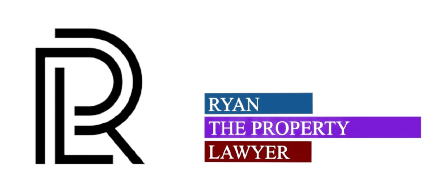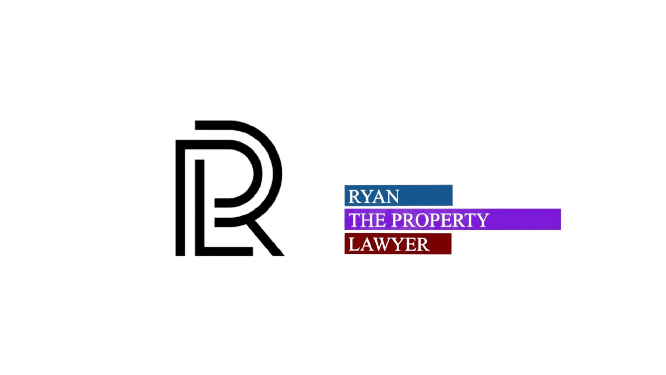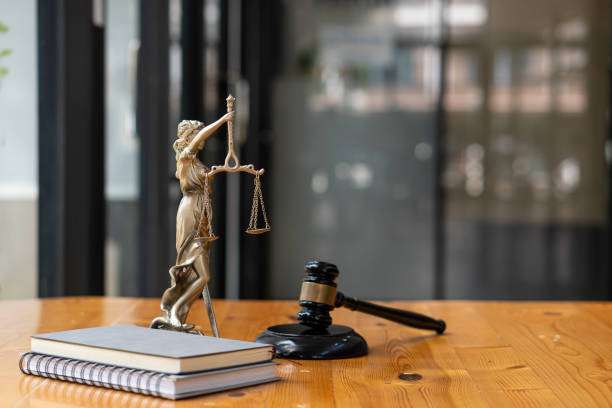Demystifying Condo Law is very important. Owners and condominium committees must comprehend the unique legal considerations that come with condo living. Condominium law is comprised of numerous regulations and governing documents that outline the rights, responsibilities, and obligations of proprietors and boards. To successfully navigate the complexities of Toronto condo law, it is essential to demystify these legal issues. In this blog post, I will examine the most important legal considerations that condominium owners and boards should be aware of, providing valuable insight and direction for a harmonious and compliant living environment.
Knowing Condo Declarations, Bylaws, and Regulations
The condominium declaration, bylaws, and rules govern condo law primarily. These documents establish the operational framework for the condominium, including the rights and responsibilities of unit owners, the authority of the condominium board, and the rules governing the use of common areas and individual units.
Declarations for condominiums
The condominium declaration is a legally binding document that specifies the rights and responsibilities of all unit owners. It comprises information such as individual unit boundaries, common elements, and the proportional share of common expenses for each unit. Owners must comprehend the declaration in order to know their rights and responsibilities within the condominium community.
the bylaws governing condominiums
Bylaws govern the daily operations of the condominium and provide proprietors and the condominium board with guidelines. They cover a range of topics, including the election and responsibilities of the board of directors, the conduct of proprietors and residents, the use of common areas, and the collection of common expenses. Owners and committees must familiarize themselves with the governing documents to ensure compliance and a harmonious living environment.
Rules for Condos
The board establishes condominium rules in order to further regulate the use of common areas and individual units. There may be restrictions on pets, pollution, parking, and the use of amenities. Although condominium rules are not as legally binding as bylaws, they are still enforceable within the community. These rules must be followed by both owners and residents in order to maintain a peaceful and cooperative living environment.
Responsibility for Upkeep and Repair
The division of maintenance and repair duties between proprietors and the condominium corporation is one of the most important legal aspects of condo living. Understanding these responsibilities is essential if proprietors are to promptly address necessary repairs and fulfill their obligations.
Maintenance on Units and Common Components
Typically, the condominium association is responsible for the upkeep and repair of common areas such as corridors, elevators, and recreational facilities. The collection of common expenses from proprietors covers the costs associated with common element restorations. On the other hand, individual unit proprietors are responsible for maintenance and repairs. This includes ensuring that the plumbing, electrical systems, and interior components are operating properly.
Funds set aside for reserves and one-time charges
Condominium corporations are required to establish reserve funds to cover significant maintenance and replacement expenses for common elements. Typically, reserve funds are funded by monthly contributions from property owners as part of the monthly common expenses. When unanticipated repairs or maintenance projects arise, the board may levy special assessments to cover the associated costs. Owners should be aware of and plan for these financial obligations.
Mediation and Dispute Resolution
A condominium community may experience disputes, so it’s crucial to be aware of the options for resolving them in order to do so quickly and effectively.
Resolution of Internal Conflicts
Most condominiums have mechanisms in place for resolving internal disputes between proprietors, residents, and the condominium corporation. This may entail mediation or arbitration processes that seek to reach a resolution that is acceptable to both parties. Before pursuing legal action, it is recommended to investigate these internal options, as they may be more cost-effective and less adversarial.
Litigation and Legal Recourse
Disputes within a condominium community may escalate and necessitate legal intervention on occasion. Owners and boards must be aware of their legal rights and the court remedies available to them. By retaining a condominium lawyer, you can receive direction and representation in intricate legal situations, ensuring that your rights are upheld all the way through the court process.
Considering Insurance
Insurance is a crucial aspect of condo living for both the proprietors and the condo association. Understanding the insurance requirements and coverage is essential for protecting your investment and mitigating potential risks.
Corporation Insurance for Condos
The condominium corporation is responsible for procuring coverage for the common areas, the building structure, and liability. This coverage protects the company and its proprietors from potential liability claims and damages. The owners should examine the corporation’s insurance policy to determine the scope of coverage and ensure they have adequate personal insurance to safeguard their property and liability.
Individual Unit Insurance
Personal unit insurance, also known as content insurance or condominium unit owner’s insurance, is the responsibility of the owners. This insurance covers personal property, unit upgrades, and liability protection. It is essential for owners to regularly evaluate their policy to ensure that it effectively meets their needs and complies with any insurance requirements specified in the condominium’s governing documents.
Conclusion
For proprietors and condominium boards to navigate the legal complexities of condo living in Toronto, it is essential to demystify condo law. Understanding the declaration, ordinances, and rules, in addition to the maintenance responsibilities, dispute resolution mechanisms, and insurance considerations, ensures a compliant and harmonious living environment. Owners and boards can safeguard their interests and contribute to a thriving and cooperative condominium community by obtaining the counsel of a qualified condominium lawyer and participating actively in the community.
Author Profile

Latest Blog
 Uncategorised22 December 2023What Constitutes a Legal Partnership in Ontario?
Uncategorised22 December 2023What Constitutes a Legal Partnership in Ontario? Uncategorised22 December 2023Characteristics of a Corporation in Ontario
Uncategorised22 December 2023Characteristics of a Corporation in Ontario Uncategorised22 December 2023Intentions Matter When Co-Owning Property
Uncategorised22 December 2023Intentions Matter When Co-Owning Property Uncategorised22 December 2023Consequences of Operating an Ontario Partnership
Uncategorised22 December 2023Consequences of Operating an Ontario Partnership




